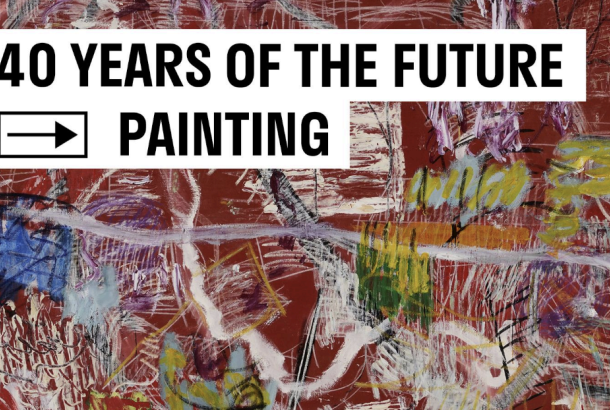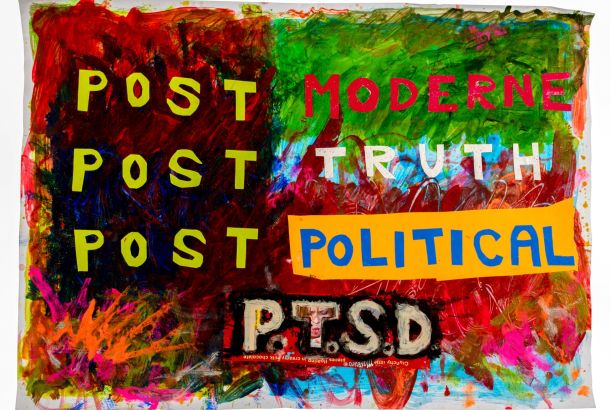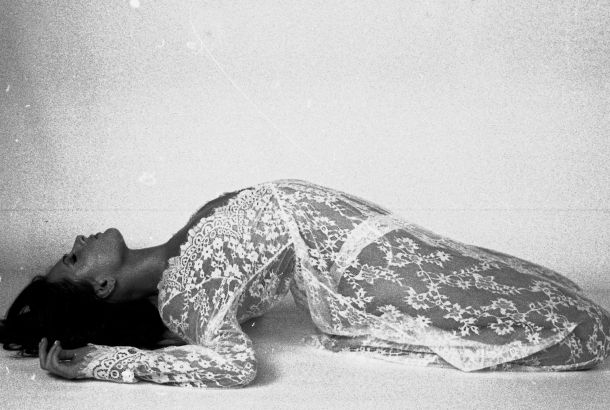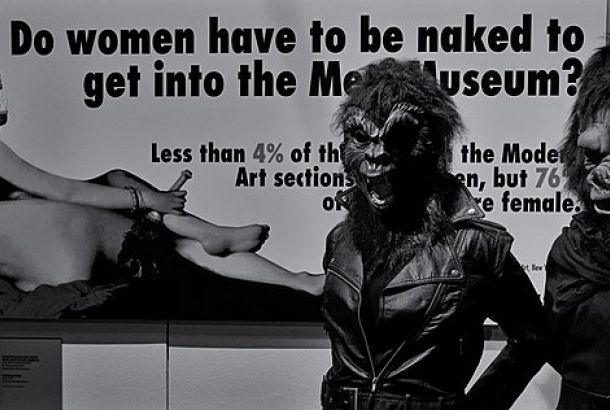Review: ReFrame
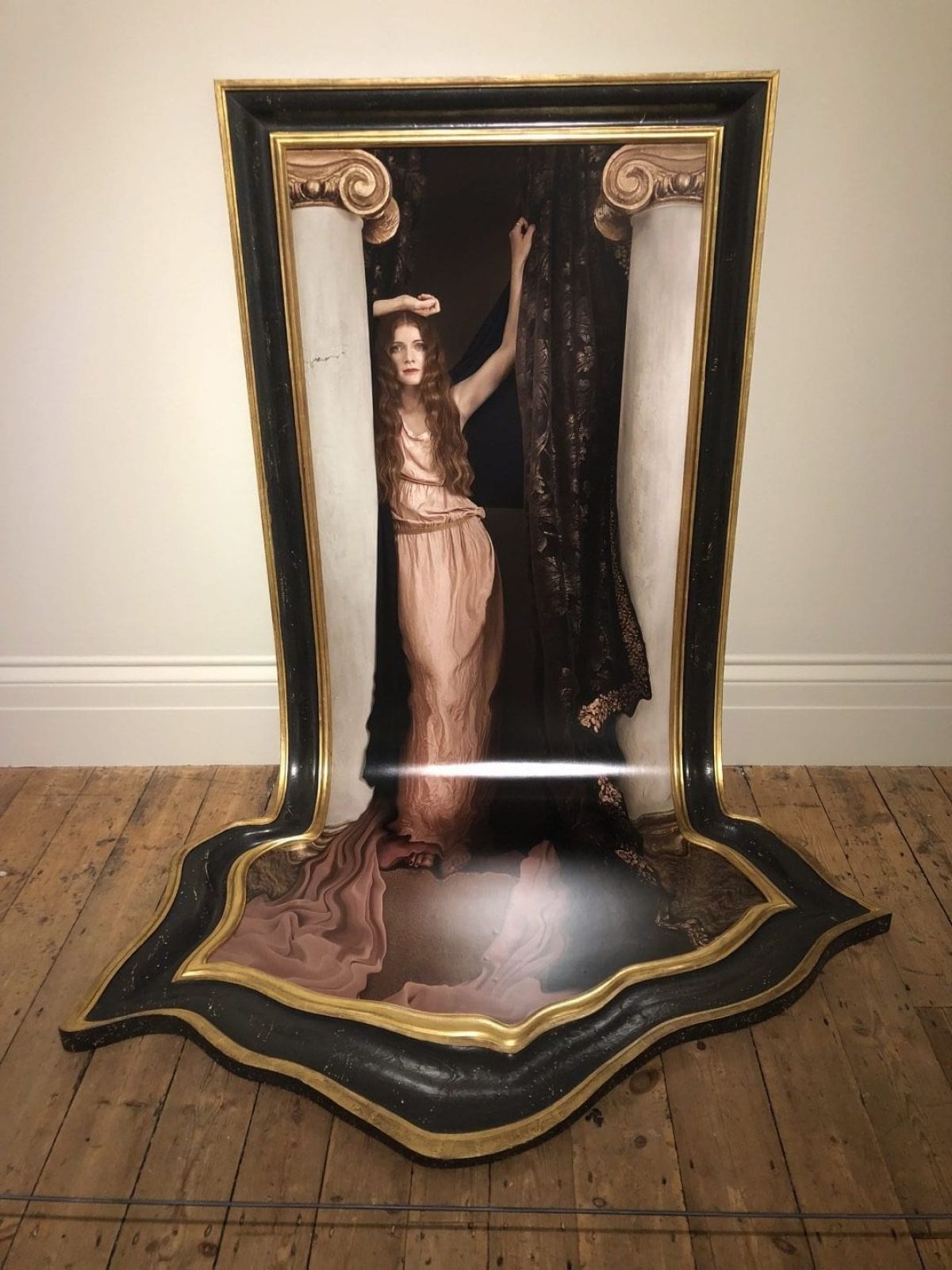
Up until quite recently, when women were depicted in art, they were shown in very traditional, gendered dimensions. They were objects of desire, denied any true humanity or individuality. Other times, they were depicted in ‘feminine’ roles, cleaning, sewing or caring for children.
With ReFrame, held at the Manchester Art Gallery, mother and daughter Caroline and Maisie Broadhead interrogate representations of women and ‘women’s work’. They respond to historic paintings of women by famous male artists – such as Lord Frederic Leighton and John William Waterhouse. The viewer is invited to reflect upon ways in which women have conventionally been portrayed. One is also brought to think about how this has evolved over time, how women are seen today and what roles they play in our current society.
Caroline and Maisie do this through the careful manipulation of the frames surrounding the pictures as well as the materials used to create their pieces.
Maisie Broadhead, through her use of distorted frames, boundaries of the pictures, introduces an element of chaos and disruption to her art. This is also achieved within the actual picture. Maisie’s reactions to the original paintings seem to give back to the women in her art the humanity, agency, and individuality that they were denied in the original pieces.
The honesty in Maisie Broadhead’s depictions of what it is to be a woman is rather refreshing, especially if one has explored the other rooms in the Manchester Art Gallery beforehand and seen the female depictions produced by older male artists exhibited.
Caroline Broadhead leads the viewer to more abstract interrogations about how women have been framed in art. She explores notions of emptiness, openness, and flexibility through the use of beads, pearls, hair, and other materials. He response to Harold Knight’s ‘Sewing’ (1924) is particularly intriguing. Using beads and thread, Caroline has recreated the image. However, this one can be shifted and disrupted, just as Caroline wishes to shift and disrupt the idea of female virtue represented in Knight’s original piece.
All in all, this exhibition brings visitors to ponder upon how women have been and are seen in art and more broadly in society today. It is fair to say that traditional ideas about women’s role have been greatly challenged in the past few decades. It is gratifying to witness artists taking up the fight to change ideas about gender roles, leading the greater public to reflect upon these crucial issues. One just wishes that Caroline and Maisie Broadhead’s ‘ReFrame’ exhibition would be larger than only one room in the Manchester Art Gallery.
